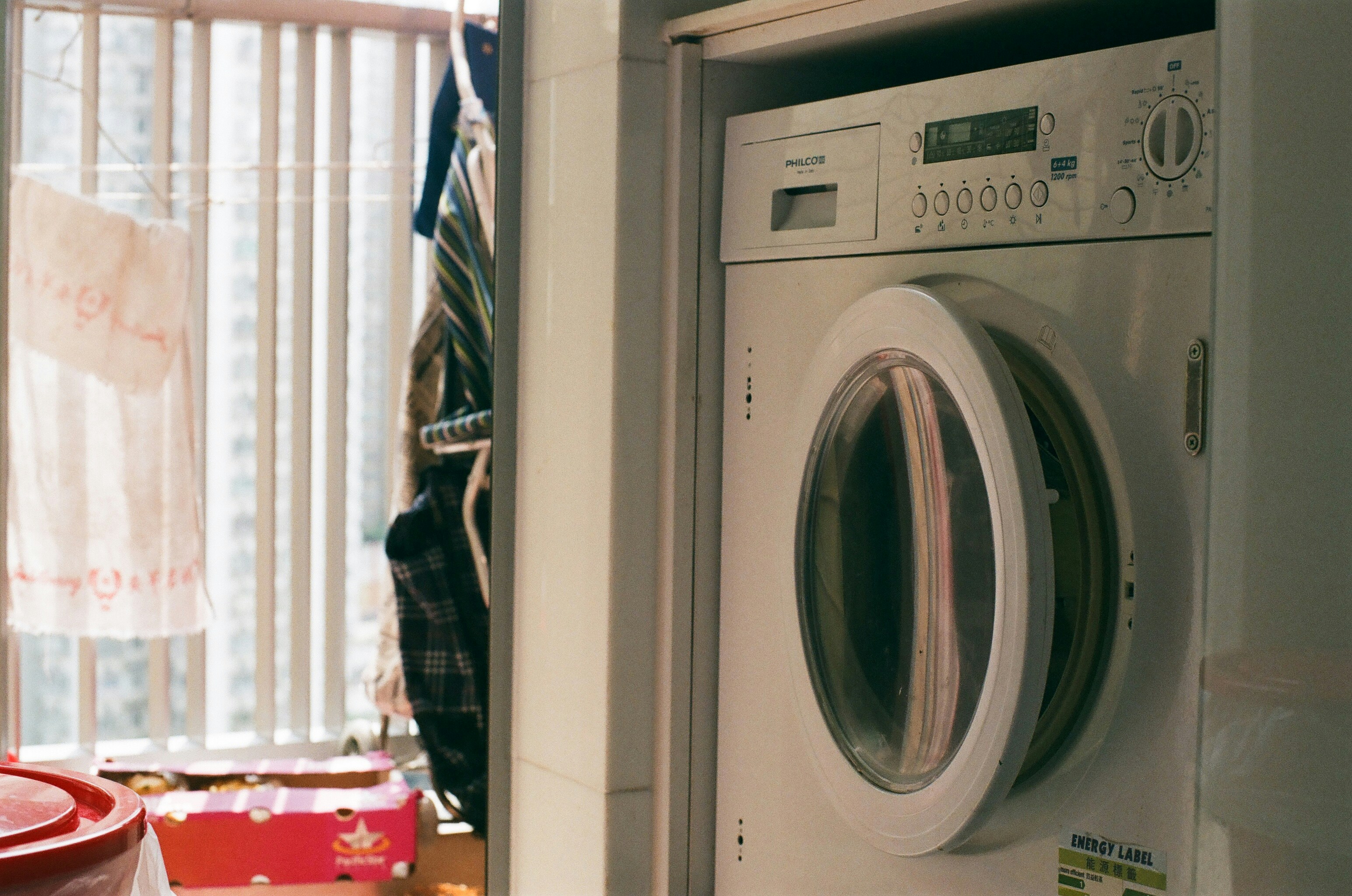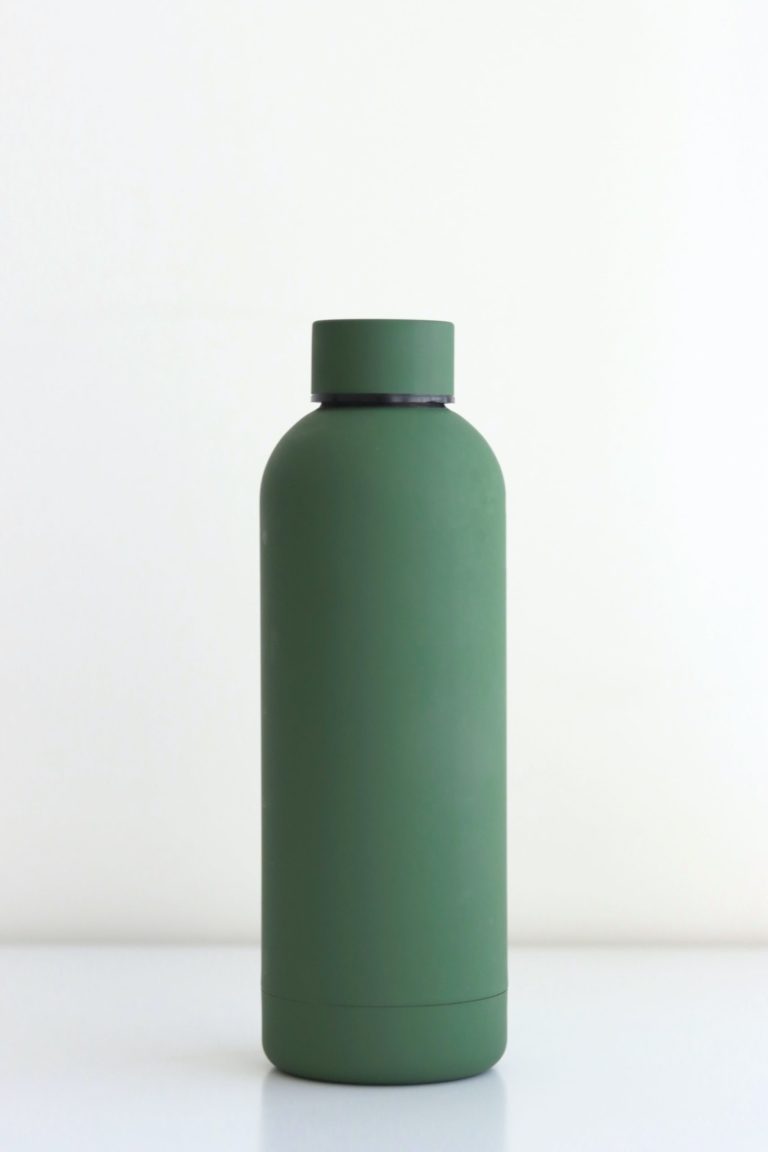If living under quarantine in the United States and abroad has taught us anything, it’s how to make what supplies we have last longer. As 2021 begins, here are some new ways energy experts recommend for continuing your own energy plan, using less energy, and making your home more environmentally friendly, both for the Earth’s resources and your own wallet.
Dining at Home
After this year, the last thing you want to do is avoid going out to your favorite restaurants. But keep in mind that every time you visit a fast-food restaurant, your plastic cups, straws, cutlery, and cardboard containers end up in the trash. Believe it or not, it actually benefits everyone to dine out a little bit less. Or, at the very least, bring reusable cutlery to any small business that allows it.
Paying Your Bills Online

As your energy provider will tell you, business customers paying monthly bills for energy costs electronically can cut down on wasteful paper mail, most of which ends up thrown into the trash. As part of your new plan, manually unsubscribing from the large amount of “junk mail” is environmentally sound. For example, to stop getting the oodles of credit card promotions that fill mailboxes across the U.S., your first step is to sign-on to OptOutPrescreen on your cell phone or laptop and do your part in getting less wasteful junk mail.
Unplugged Items
How much energy do you use without realizing it?
As a homeowner, if you’re looking to improve energy efficiency in your home and your electric rates and a utility bill, you may recall being a kid and having your parents scold you for not turning off the lights or ceiling fan when you’d leave a room. Well, as true that that maxim was, it’s easy for residential customers of electric providers to forget that merely having the lights, and all appliances for that matter (including your desktop computer, compact fluorescent lamps, portable HVAC system, and ventilation units) still plugged in can waste a ton of energy while trying to balance out an energy-efficient home. Ideally, an upgrade to solar power as a renewable energy source may be the best way to use less energy. Until then, however, remember to unplug your electronics. The Earth, and your energy bill, will thank you for it.
Doing Less Laundry and Dishwashing

Less laundry can also help with adjustments to your monthly energy bill. While most of us have been taught that a full load of clothes must be laundered daily, it simply isn’t true. Shirts, socks, and underwear could definitely use a cleaning after a day, but pants, outerwear, and most towels only need a trip to the clothes washers once a week. Washing in cold water rather than hot water also cuts down on energy usage. Seriously, compare electricity bills from one month after doing fewer loads of laundry in the washer and clothes dryer usage, and you’ll immediately notice the less amount of electricity and gallons of water used.
Those rules for home energy efficiency also apply to your dishwasher, as cleaning your kitchen dishes by hand conserves just as much energy, as you’ll also use less electricity, equaling a lower utility fee. Oh, and try to keep those refrigerator and freezer doors closed unless you know what snacks you’re craving, as, according to the U.S. Department of Energy, kitchen appliances (including the oven, convection oven, stove, and microwave) gobble up home energy use.
A Water Bottle
Studies from energy companies show that people who drink from disposable bottles tend to drink less water. Switching to a reusable, washable one has never been easier, as you can find inexpensive and stylish ones almost anywhere. Energy experts agree that, aside from conserving on plastic and other natural resources, using a hard plastic water bottle not only provides energy savings, but other incentives: as you’ll slowly cut down on so energy use, but also increase your personal water intake, thus improving your health. Win, win!
Creature Comforts Throughout the Year
Depending upon the season and your energy budget, you may instinctively switch on your air conditioner for a lower temperature during the summer and your home’s heating systems or water heater in the winter. However, a simple crack of the window to keep cool or to use your home’s fireplace against the cold air, rather than the furnace, can make a substantial, cost-effective way to lower your heating bill and energy bill in the long run. Only in the most severe cases should you tinker with your thermostat rather than throw on a sweater, as energy consumption can quickly wrack up.






